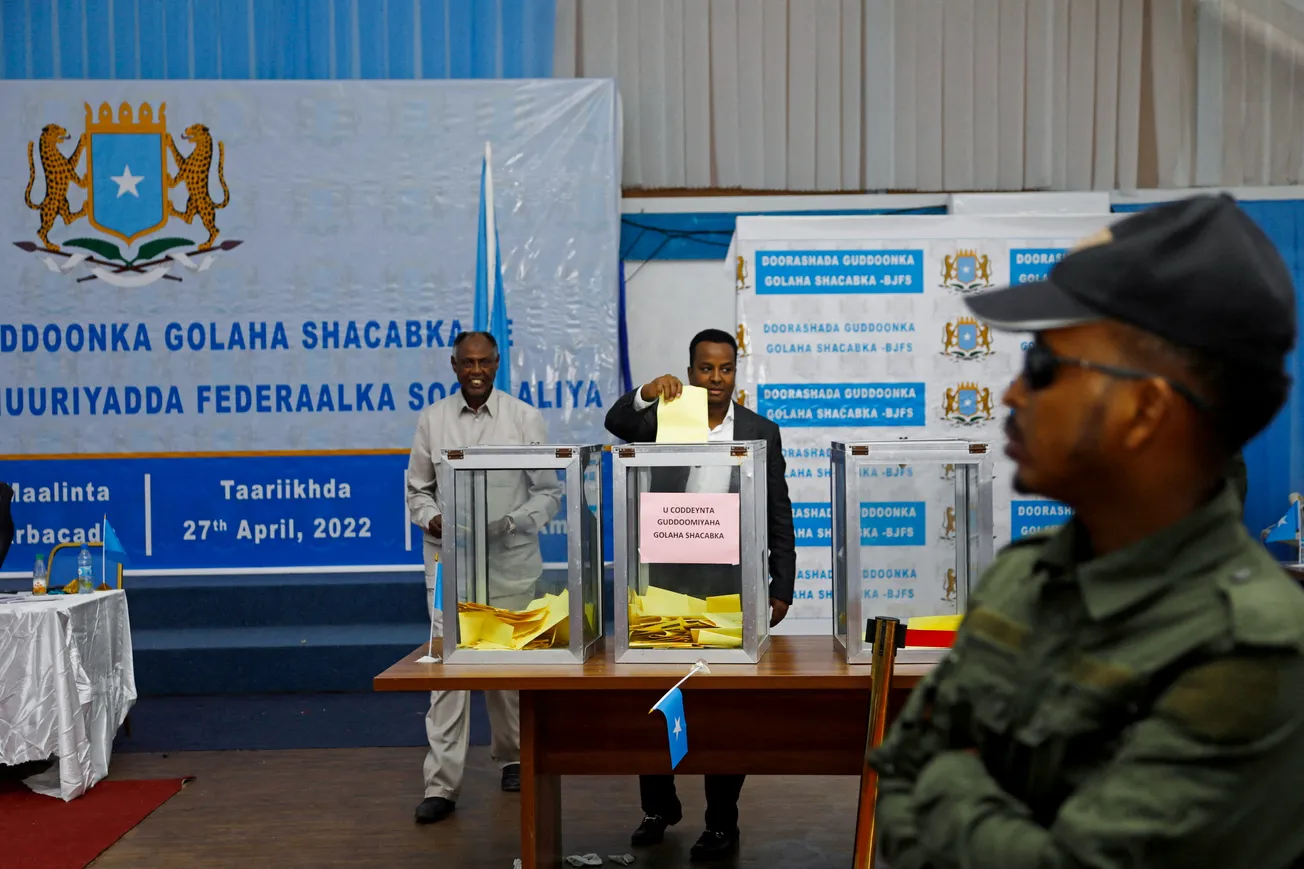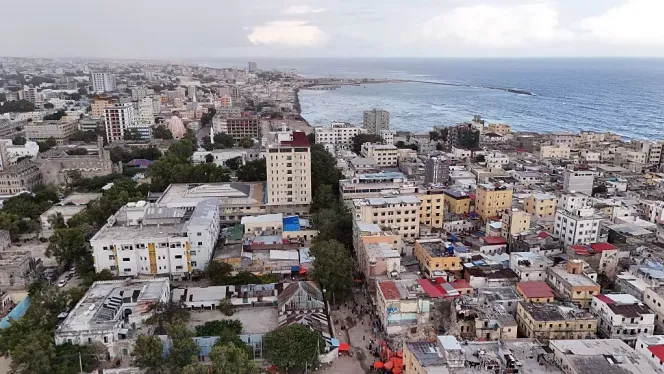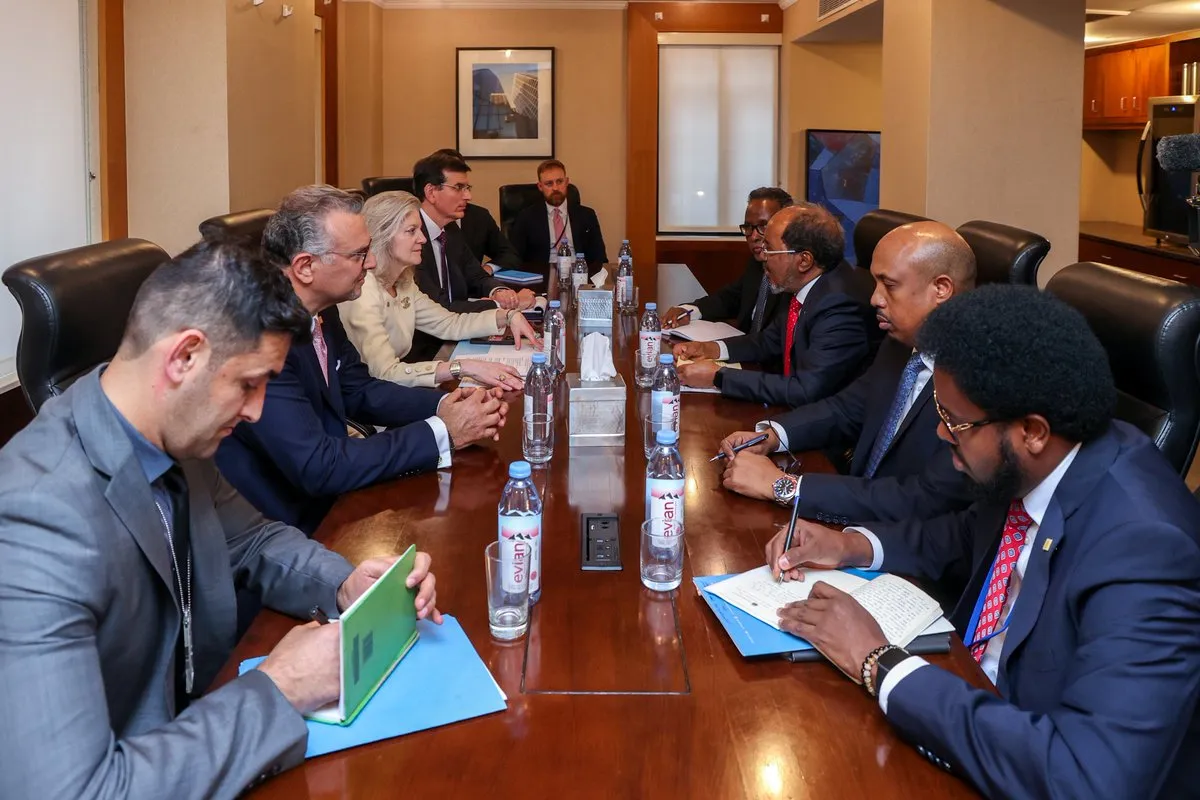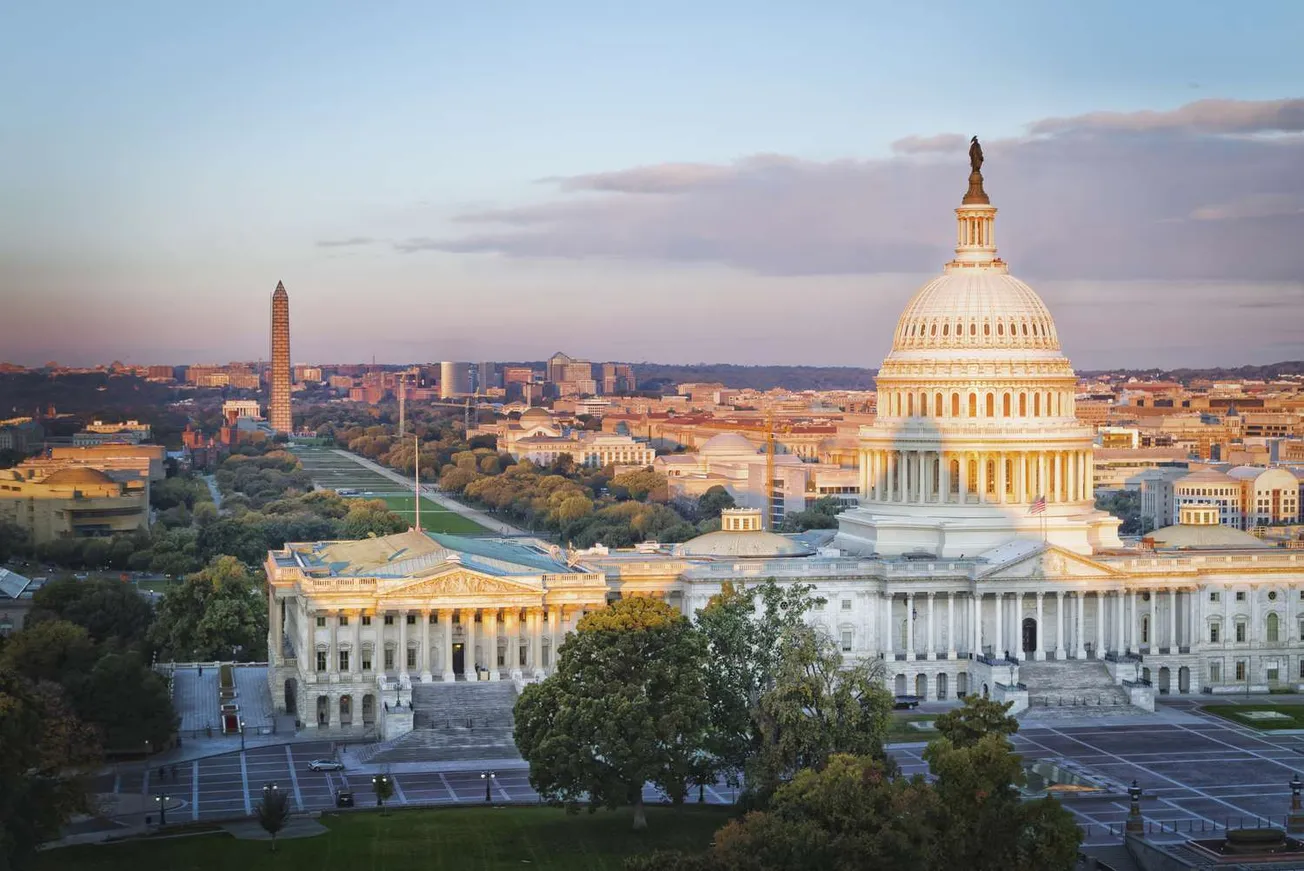Table of Contents
As Somalia approaches its 2026 parliamentary and presidential elections, the nation stands at a crucial juncture. The upcoming elections, scheduled for May 2026, are not merely routine democratic exercises but are critical to the country's ongoing state-building efforts, which have been under way since the establishment of the current federal government in 2012.
Somalia's current federal government structure was formalized in 2012, following the adoption of a provisional constitution and the end of the transitional period that began in 2004. This transition marked a significant shift from decades of civil war and instability that had rendered Somalia a "failed state" in the eyes of the international community. The formation of the federal government was a product of intense negotiations among Somali stakeholders, supported by international partners, to create a more inclusive political system that could accommodate the country's complex clan dynamics.
In the last presidential election held in 2022, Hassan Sheikh Mohamud, who previously served as president from 2012 to 2017, was re-elected. His victory underscored the cyclical nature of Somali politics, where experienced leaders often re-emerge to guide the nation through its tumultuous political landscape. His administration has focused on strengthening security, reforming the constitution, and enhancing federalism, all of which set the stage for the 2026 elections.
The upcoming 2026 elections are vital for several reasons. First, they represent a test of Somalia's democratic institutions and the durability of its federal system. Holding the elections on schedule is critical to maintaining the momentum of the political process and preventing a constitutional crisis that could arise from delays. The elections are also crucial for legitimizing the federal government and its policies, particularly as the country continues to grapple with the twin challenges of insurgency and state-building.
Delays in the election could undermine the progress made over the last decade and risk plunging the country back into instability. Moreover, timely elections are essential to the international community's continued support for Somalia, both in terms of financial aid and diplomatic backing. A successful election would reinforce the perception that Somalia is on a path to stability and development, while delays could erode confidence and lead to a reduction in international assistance.
The 2026 elections will follow a complex process involving multiple stakeholders, reflecting Somalia's intricate political landscape. The elections are expected to be indirect, similar to previous elections, where members of parliament (MPs) are chosen by clan representatives rather than by direct popular vote. This system, though criticized for its lack of direct representation, is seen as a pragmatic approach given Somalia's unique clan-based social structure.
The elections will involve the selection of members for both the lower house (House of the People) and the upper house (Senate). The lower house consists of 275 seats, distributed among Somalia's clans according to a power-sharing formula known as the 4.5 system. This system allocates seats to the four major clans in equal measure, with a smaller allocation for minority clans. The upper house, comprising 54 members, represents Somalia's federal member states, with each state selecting an equal number of senators.
Once elected, the members of both houses will convene to elect the president. The election of the president by parliament rather than by direct popular vote is a reflection of the ongoing challenges in extending state authority and infrastructure across Somalia, which make a direct election logistically difficult.
Civil society organizations (CSOs) in Somalia play an increasingly important role in the electoral process, advocating for transparency, inclusivity, and adherence to democratic norms. CSOs are also instrumental in voter education and mobilizing public opinion, ensuring that the electorate, even if indirectly represented, is informed about the electoral process and the stakes involved.
Clans remain central to Somali politics, serving as the primary organizing unit for political representation. Clan elders play a pivotal role in selecting delegates who in turn elect MPs. This system, while criticized for entrenching clan divisions, is seen by many as a necessary compromise to maintain peace and stability in a country where clan loyalty remains a dominant social force.
Political parties in Somalia are still in a nascent stage, with most political movements still organized around clan interests rather than broad-based ideologies. However, there are efforts to establish more cohesive political parties that can transcend clan lines and offer more unified national platforms.
Comparisons between Somalia and Afghanistan, particularly regarding their electoral processes, are inevitable given the similarities in their recent histories of conflict, international intervention, and state-building. Afghanistan's 2019 presidential election was marred by delays, allegations of fraud, and disputes over the results, which ultimately undermined the legitimacy of the government and contributed to the rapid collapse of the state in 2021.
Somalia faces similar challenges, including insecurity, the influence of non-state actors, and the fragility of its institutions. However, there are significant differences as well. Somalia's electoral process, though indirect, is deeply rooted in its clan-based society, which, while limiting direct representation, provides a level of stability and buy-in from key stakeholders that Afghanistan's more centralized system lacked.
If the 2026 elections are delayed, the consequences could be severe. A delay would likely exacerbate tensions among Somalia's clans and political factions, leading to a power vacuum that could be exploited by insurgent groups like Al-Shabaab. The absence of a legitimate government could also lead to a deterioration of the security situation, making it even more challenging to hold elections in the future.
The role of the international community is crucial in this context. International donors and organizations, including the United Nations, the African Union, and the European Union, have been instrumental in financing and organizing Somalia's elections. They provide technical assistance, financial support, and diplomatic pressure to ensure that the elections proceed as planned. The international community's influence is a double-edged sword, as it can help stabilize the process but also risks being seen as imposing external solutions on Somali issues.
Somalia's elections are heavily financed and supported by the international community, reflecting the importance of these elections not just for Somalia but for regional and global stability. The United Nations and the African Union, along with individual donor countries, provide the bulk of the funding, which is used for everything from voter registration and education to security and logistical support.
The organization of the elections is a massive undertaking, involving coordination between various levels of government, international partners, and civil society. Security is a major concern, given the ongoing threat posed by Al-Shabaab and other armed groups. The presence of international observers and peacekeepers is critical to ensuring that the elections are conducted in a safe and transparent manner.
As of now, there are mixed signals regarding the likelihood of the 2026 elections being held on time. On one hand, there is strong pressure from both domestic stakeholders and the international community to adhere to the electoral timetable. On the other hand, the persistent challenges of insecurity, political fragmentation, and logistical hurdles could lead to delays.
If the elections are delayed, the repercussions could be severe, both domestically and internationally. However, if they are held on time and successfully, it would mark a significant step forward in Somalia's journey toward stability and democratic governance. The 2026 elections in Somalia are a critical milestone in the country's ongoing efforts to build a stable, democratic state. The stakes are high, and the challenges are significant, but with continued support from the international community and a commitment from Somali stakeholders to uphold the electoral timetable, there is hope that these elections can be a turning point for the nation. The success or failure of these elections will have profound implications not only for Somalia but for the broader Horn of Africa region and beyond.









